Description
Efnisyfirlit
- Cover
- Half-Title
- Title
- Contents
- Preface: A Word of Welcome for Teachers and Students
- SECTION I An Introduction to Poetry
- 1 Why Do We Write Poems?
- 2 What Is Meaning?
- We have been taught that poems have meanings
- Yes—poems totally have meanings
- 1 Poems are always about two things
- 2 Poems are not completely up to reader interpretation
- 3 Sometimes, meaning is secondary
- 4 As a writer, you don’t have to think about meaning
- Your three brains
- The Lizard Brain
- The Animal Brain
- The Human Brain
- 3 What Does Talent Have to Do with Anything?
- Talent is the capability for hard work
- Talent is the ability to muster courage
- Talent is the ability to accept doubt
- Talent is refusal to wait for inspiration
- 4 Where Do Poems Come From?
- Writer’s block is a myth
- Our obsessions, our interests
- Writing from prompts
- Form versus content
- Imitation as invention
- 5 What Does It Mean to Be a Poet?
- What does it mean to be a poet?
- What does it mean to be a poet?
- What does it mean to be a poet?
- What does it mean to be a poet?
- What does it mean to be a poet?
- What does it mean to be a poet?
- What does it mean to be a poet?
- What does it mean to be a poet?
- What does it mean to be a poet?
- What does it mean to be a poet?
- What does it mean to be a poet?
- What does it mean to be a poet?
- SECTION II The Elements of Poetry
- 6 Rhetorical Construction
- Logos
- Rhetorical devices
- Pathos
- Ethos
- 7 The Elements of Poetry
- Ambiguity
- Beginnings
- Clarity
- Concision
- Contradiction
- Defamiliarization
- Diction
- Doorways
- Endings
- Exploration
- Form
- A bit about fixed forms
- Formal terminologies
- Gaze
- Gravity and Lightness
- Image
- Inventory
- Language
- Lines
- Lyric
- Metaphor
- Metaphor and the reader
- Mood
- Movement
- Music
- Narrative
- Observation and Interpretation
- Point of View
- Third person
- First person
- Second person
- Precision
- Punctuation
- Questioning
- Repetition
- Rhythm
- Showing and Telling
- Speaker
- Surprise
- Syntax
- Titles
- Value
- Mechanical value
- Associative value
- Value as comparison
- Redefinition and variable value
- Questions about value?
- Voice
- Work
- Density
- Questions about work?
- SECTION III Practicalities
- 8 The Poetry Workshop
- Three levels of understanding
- First level of understanding: I like it / I don’t like it
- Second level of understanding: This is what the poem means
- Third level of understanding: This is how meaning has been built
- The conversation is for the writer
- The conversation is for the room
- Tips for a good workshop
- Make the workshop a safe space
- Be nice
- Be forgiving
- Be generous with your critique
- Try to read the poem on its own terms
- Describe the poem instead of prescribing a fix
- Listen and take notes
- Give praise
- Write on other people’s poems
- Remember that the poem is a draft
- About “the gag rule”
- Processing workshop feedback
- Don’t simply look for consensus
- Filter the workshop’s voices
- Look past the advice
- Get some distance
- Coping with an unsuccessful workshop
- 9 Revision
- Revision = Re + Vision
- Letting go is the hardest part
- Revising the almost-good-enough poem
- Save your drafts
- Read to revise
- Revision techniques and exercises
- 10 Proceed with Caution
- SECTION IV Contemporary Poetic Modes: An Anthology
- Appendix A: 75 Poetry Experiments
- Appendix B: Additional Reading
- Acknowledgements
- Index
- Copyright

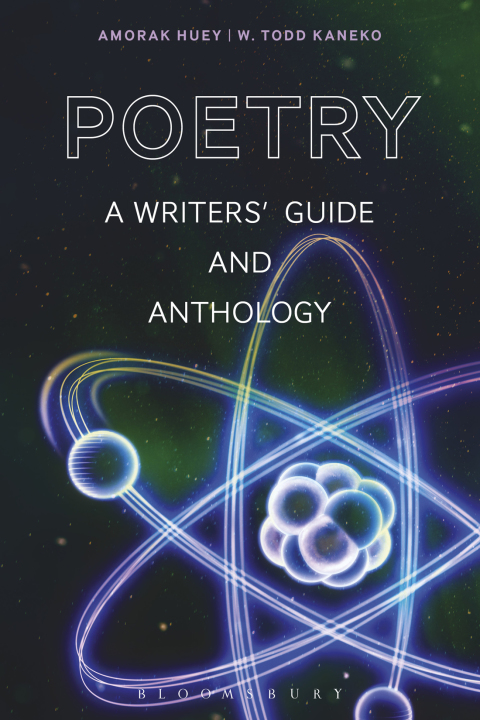
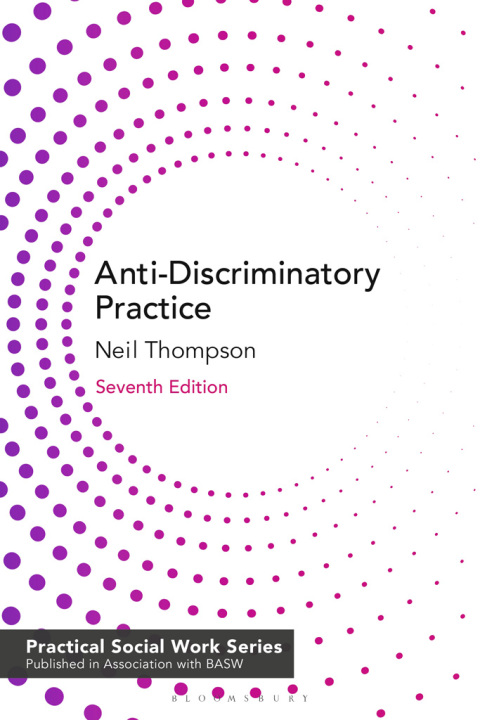
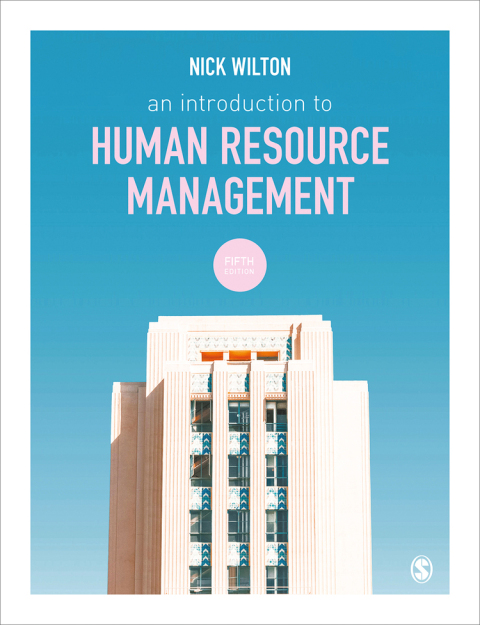
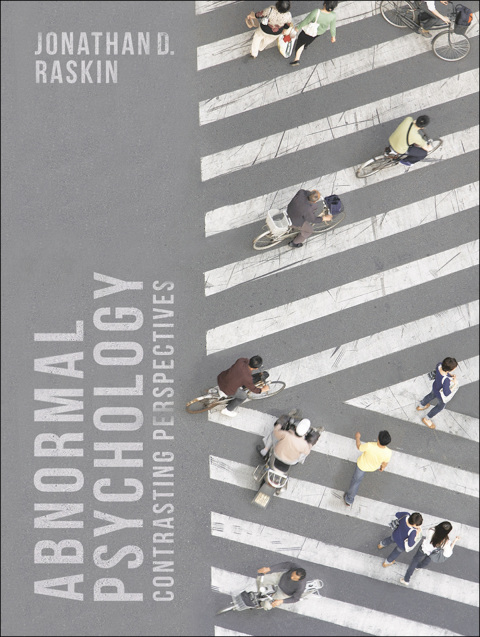
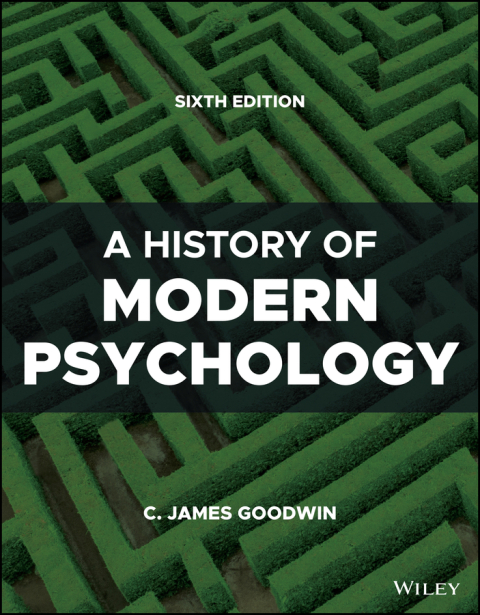
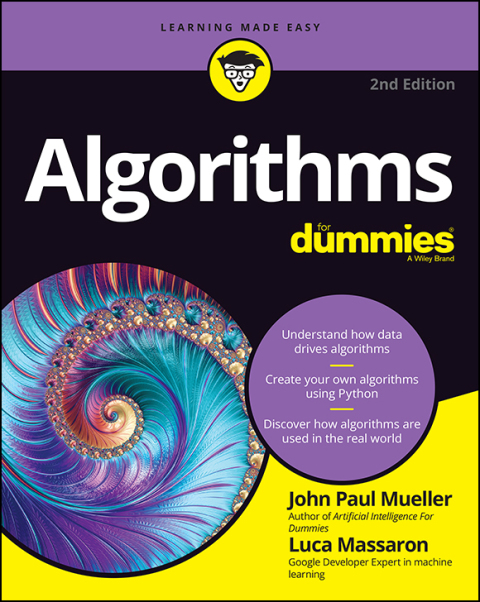
Reviews
There are no reviews yet.